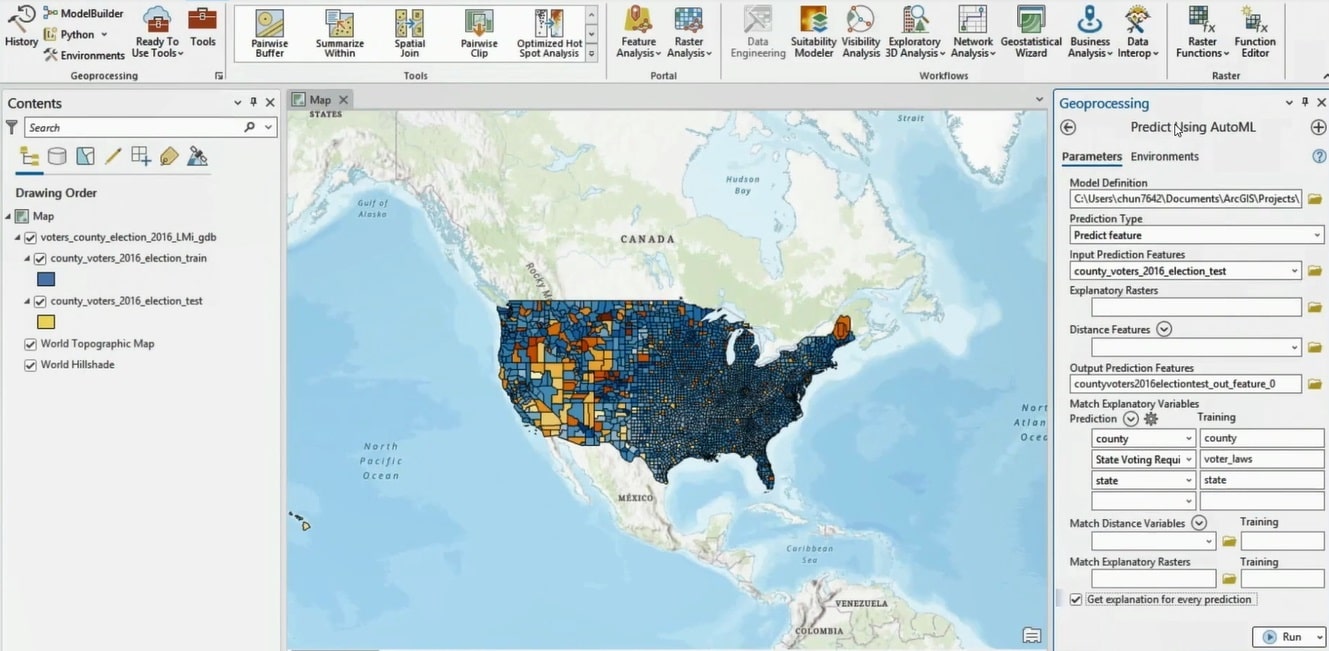The construction industry remains one of the riskiest professions on the planet. No matter how small or large the project, there are hazards for every construction worker. Some may wind up with minor injuries, while others may suffer life-altering injuries. Even worse, many of these injured construction workers do not survive their construction accidents.
On a construction site, there are large trucks, machinery, equipment, and debris moving from one work area to another. Many workers follow different methods, yet they must all work together to get the job done. This can create confusion. Along with the exhaustive nature of construction work, even those who are well-trained can make serious errors in judgment that result in their untimely passing.
Falls are by far the most common cause of death on any construction site, though this type of accident isn’t the only one that poses a danger to workers.
Table of Contents
Common Causes of Fatalities on Construction Sites
Many construction workers undergo training to prevent these situations from arising. They also receive safety gear — but if that gear is defective or the employer has failed to provide it, fatal injuries may occur.
Falls
As mentioned, falls are the leading cause of death on construction sites. Due to the nature of the work environment, workers can plummet from roofs, ladders, scaffolding, and other features high above the ground. Scaffolding accidents often occur when the support gives way. Sometimes, workers slip on a substance on the scaffolding or fall when an object from higher above becomes loose and strikes them.
Struck By Objects
Construction workers are also at great risk of being struck by objects on the job site. This includes being struck by vehicles, machinery, or falling objects. Cranes are a common thread in these types of construction accidents. These large construction machines can easily collapse, overturn, or hit people on the site when raising or lowering a load. If a crane load collapses suddenly, it can crush anyone who happens to be underneath it.
Caught In Between Accidents
Fatalities for construction workers also occur when people get caught between machinery, effectively crushing them between two objects. Mobile machinery may accidentally pin a worker against a wall. It can also occur with cave-ins when trenches are not properly protected.
Electrocutions
Electricians and linemen are not the only workers who are subject to electrocutions on the job. Live wires in circuit breakers, light fixtures, control panels, underground cables, and transformers can harm any worker on a construction site.
Legal Options for Surviving Family Members of Construction Workers Killed on the Job
Even though there are safety measures in place, negligence remains a factor in many construction accidents. Workers’ compensation provides coverage to construction workers injured on the job as well as pay benefits to their families in the event of a work-related death.
However, these benefits are limited and may not be enough to compensate you for all of your losses. There may also be other liable parties that contributed to the dangerous conditions that led to the loss of your loved one. General contractors, subcontractors, property owners, equipment manufacturers, managers, and others may also be to blame.
It’s devastating to lose a loved one so suddenly. This is why Illinois permits wrongful death lawsuits for the families of construction accident victims. A personal injury attorney can review what happened and help determine if you have a valid case. If your loved one could have pursued a lawsuit for a personal injury if they had survived, then it is likely that you can seek justice by filing a wrongful death claim.
Illinois law requires that a personal representative of the deceased’s estate, such as an executor or independent administrator, bring a survival action suit. This is done on behalf of the deceased and their surviving spouse, children, or next of kin. Filing a wrongful death lawsuit can help you obtain compensation to pay for the funeral expenses.
Additionally, compensation can be awarded to pay for the medical bills to treat the injuries that ultimately led to their death. You may also seek payment for the pain and suffering your loved one endured before they passed, loss of financial support, loss of consortium, grief and emotional suffering, and other damages.
Workers’ compensation will also provide death benefits in these situations. However, if someone else’s negligence contributed to this event, there may be other liable parties that can be held accountable. An attorney can help you determine the right course of action and stand up for your legal rights while you grieve properly. No amount of money will bring your loved one back, but you should not be left with extensive expenses due to the careless actions of others.





